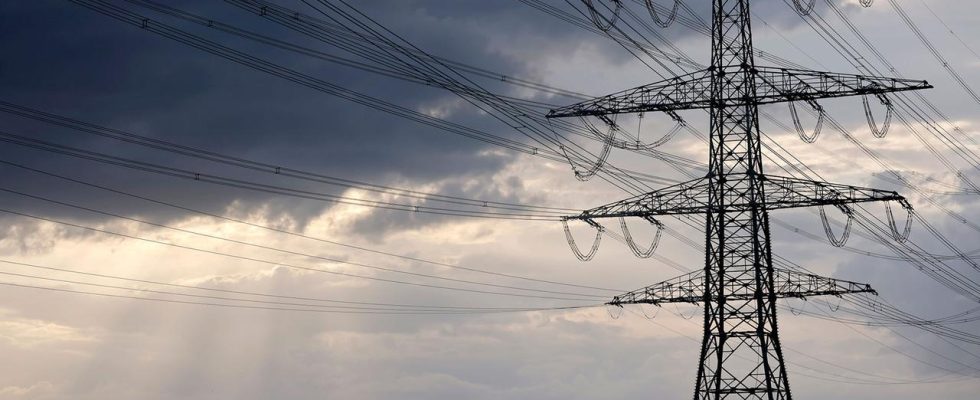The federal government wants to extend the energy price brakes. Because it wants to raise the VAT on gas again at the same time, the bottom line is that consumers are unlikely to receive any relief.
According to a study, households in Germany will not benefit from an extension of the energy price brakes if the VAT on gas is raised again at the same time. The bottom line is that in this case a model household would spend 18 euros more per year on gas. This is what the comparison portal Verivox calculated. However, households could see small savings in electricity costs.
The federal government announced on Wednesday that it would extend price controls for electricity, gas and district heating until March 31st. Various experts had spoken out in favor of it, including economists. The price brakes would normally have expired at the end of December. However, the EU still has to give its consent for this. At the same time, the government wants to raise the VAT rates on gas deliveries and district heating again to 19 percent for the new year.
Six euros in electricity relief per year
However, in Verivox’s opinion, the increase in VAT to normal levels and extended energy price brakes are canceling each other out. Although households could save 38 euros a year with a gas consumption of 20,000 kilowatt hours through the price brake, the adjustment of the VAT would result in an additional expenditure of 18 euros. It would only be cheaper for households that still have the expensive basic gas supply.
According to the information, the average electricity costs would decrease slightly on average if the price brakes were extended – from 1,486 euros to 1,480 euros per year, i.e. a loss of six euros.
Those who have expensive tariffs benefit the most
Households that rely on more expensive basic services are particularly relieved here. While new tariffs are already below the state price cap across the board and therefore do not benefit from an extension of the price caps, the savings in local basic services would be slightly higher.
The price cap for gas is currently twelve cents per kilowatt hour for private households, for district heating it is 9.5 cents and for electricity it is 40 cents. The reduced prices apply to 80 percent of previous consumption.
Monopoly Commission criticizes price controls
The Monopolies Commission recently spoke out against extending the energy price caps. Instead, she advocated for targeted help for needy households if necessary. Price interventions distort scarcity signals and are also inaccurate from a distribution perspective, since high-income households also benefit from them.
The Federal Cartel Office announced in the middle of the year that it had initiated abuse proceedings against energy suppliers in several cases. It is believed that companies have taken advantage of the introduction of energy price caps to demand higher prices from their customers.

